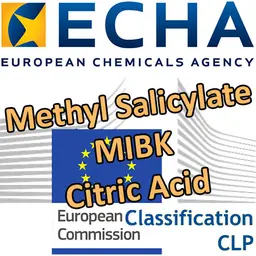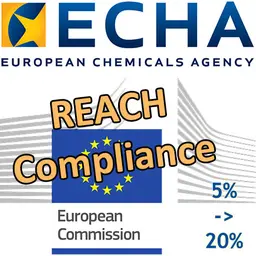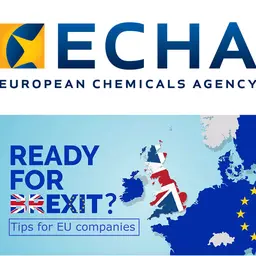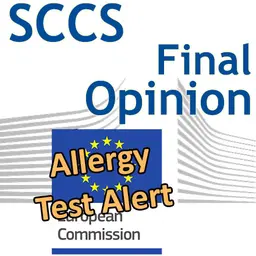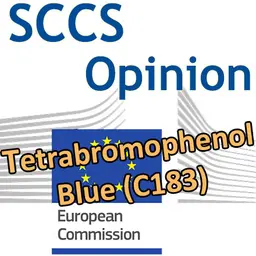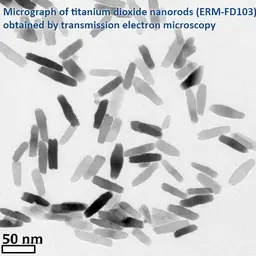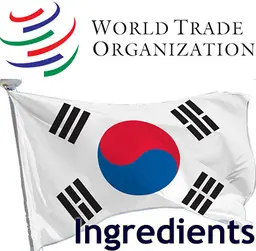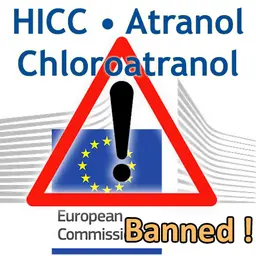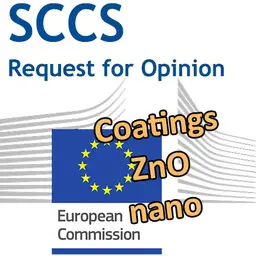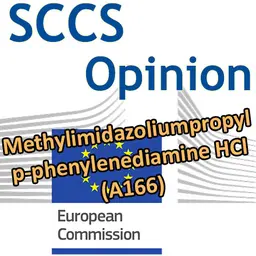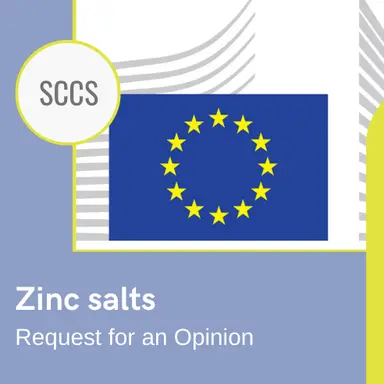
Following the submission of new data by Cosmetics Europe, the European Commission has requested the SCCS to re-evaluate the safety of water-soluble zinc salts in oral products. The Scientific Committee on Consumer Safety accepted this mandate by written procedure on 2 February 2023 and has nine months to deliver its Opinion.
Background
Water-soluble zinc compounds are used in oral cosmetic products to reduce oral malodour, tartar, and plaque formation. Currently, water-soluble zinc salts are regulated under entry 24 of Annex III to Regulation (EC) 1223/2009 (Cosmetics Regulation). More specifically, entry 24 allows the use of zinc salts with the exception of Zinc 4-hydroxybenzenesulphonate and Zinc Pyrithione, up to a maximum concentration of 1% (as zinc).
With the exception of zinc 4-hydroxybenzenesulphonate and zinc pyrithione, the water-soluble zinc salts to be considered in the assessment of safety for use in oral hygiene products to include zinc acetate, zinc chloride, zinc gluconate, zinc glutamate, zinc citrate, zinc sulphate (already considered in SCCS/1586/17).
In July 2014, the German Federal Institute for Risk Assessment (BfR) submitted a dossier expressing potential safety concerns related to the use of zinc salts in oral products such as toothpaste and mouthwash in particular for specific age groups.
In February 2016, Cosmetics Europe submitted a safety dossier to demonstrate that the combined exposure from food and oral care products is safe up to 1% and 0.1% in toothpastes and in mouthwashes, respectively, for all age groups.
In June 2018, the SCCS concluded that the use of zinc in …

